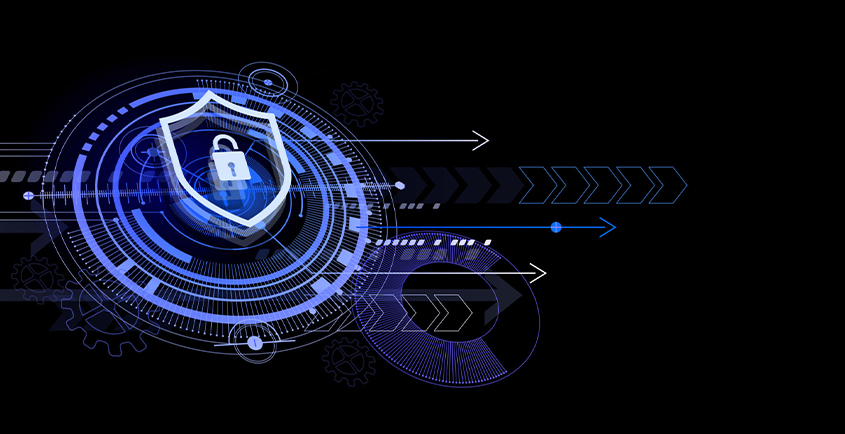
Cybersecurity is an essential priority for businesses in today’s digital environment. As technology advances, organizations are exposed to increasingly complex risks that can disrupt operations, compromise data, and harm reputations. Understanding these challenges is the first step toward addressing them effectively. Here are five key cybersecurity threats businesses face today:
Ransomware Attacks
Ransomware continues to be a serious issue for businesses worldwide. This type of malware locks users out of systems or encrypts data until a ransom is paid. Unfortunately, even paying the ransom doesn’t always guarantee data recovery, leaving organizations vulnerable to further attacks. Ransomware often exploits vulnerabilities, relies on phishing tactics, or spreads through unpatched systems to infiltrate networks. Strategies like endpoint security, raising employee awareness, conducting regular security audits, and maintaining regular data backups are essential for prevention and minimizing risk.
Phishing Scams
Phishing remains one of the most widespread cyber threats. Fraudulent emails or messages trick employees into sharing sensitive information, like passwords or financial details. These attacks are particularly dangerous because human error plays a significant role. Even one misstep can result in a major breach, compromising entire systems and sensitive data. Training employees to identify phishing attempts is one of the most effective ways to reduce this risk. Awareness campaigns and simulated phishing exercises can significantly bolster an organization’s defenses.
Insider Threats
Not all security threats come from outside the organization. Insider threats, whether intentional or accidental, pose significant challenges. Employees or contractors with system access can misuse privileges or make errors that lead to breaches. Strengthening access controls, monitoring user activity, and promoting cybersecurity awareness within the organization can help mitigate these risks. The case of Edward Snowden, a former NSA contractor who leaked sensitive information, highlights the need for strict access policies and internal monitoring to prevent misuse of critical data.
Supply Chain Vulnerabilities
Third-party vendors and partners often play an important role in business operations, but they can also introduce significant security risks. Cybercriminals sometimes target suppliers as an easy entry point to larger networks, putting sensitive data and systems at risk. Businesses can reduce these vulnerabilities by regularly evaluating vendor security practices, enforcing strict controls, and ensuring compliance with relevant industry standards and continuous monitoring.
DDoS Attacks
Distributed Denial-of-Service (DDoS) attacks overwhelm servers with traffic, leading to disruptions or complete shutdowns. These attacks can disrupt operations, damage reputations, erode customer trust, and cause significant financial losses. The resulting downtime, customer dissatisfaction, and the effort required to address these attacks can also strain resources. Implementing robust monitoring tools, scalable defenses, proactive detection measures, and maintaining regular incident response training can help minimize the impact of DDoS incidents effectively.
Adam McManus Etobicoke, a Toronto-based cybersecurity expert and founder of Fortress Tech Consulting, emphasizes the importance of staying ahead of threats like DDoS attacks. Adam McManus Toronto leads Fortress Tech Consulting, LLC, where he focuses on delivering cybersecurity solutions tailored to both businesses and individuals. The cybersecurity landscape is complex. However, organizations can manage risks effectively through regular security evaluations, advanced technologies, and robust incident response plans. Staying informed and vigilant is key to protecting systems and preserving trust.
